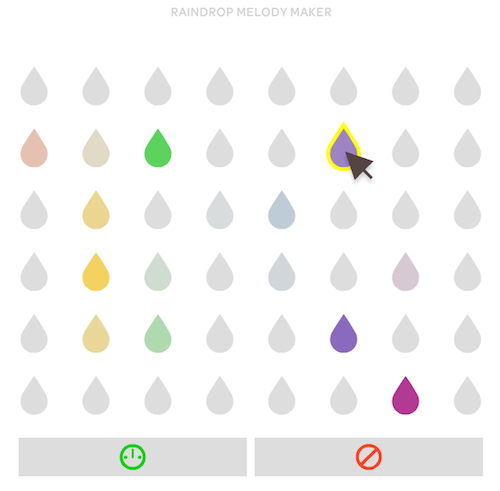
No Words, just music. Give it a try. This made my day: Raindrop Melody Maker.
Thanks to Lullatone and Secondary School for creating this beautiful, interactive and hypnotizing musical instrument.

No Words, just music. Give it a try. This made my day: Raindrop Melody Maker.
Thanks to Lullatone and Secondary School for creating this beautiful, interactive and hypnotizing musical instrument.

Year: 2010
Materials: nails in different sizes, wall
Dimensions: 3 x 3 cm
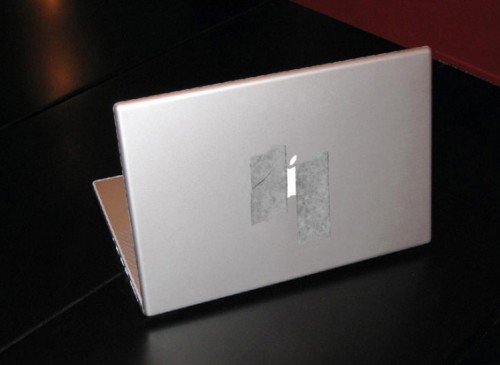
Year: unknown
Materials: Tape, MacBook Pro
Dimensions: 15″
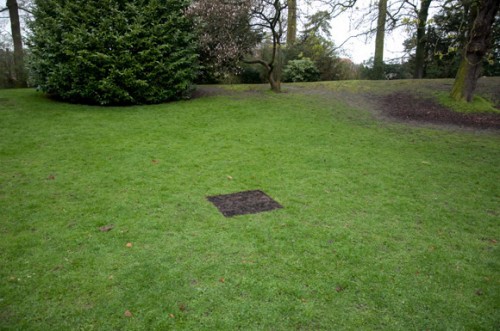
Year: 2008-2010
Materials: burned square, grassland
Dimensions: 82 x 82 cm
Make sure you check out all the inspiring ideas by Helmut Smits at his web site or in his book “123 Ideas by Helmut Smits”:
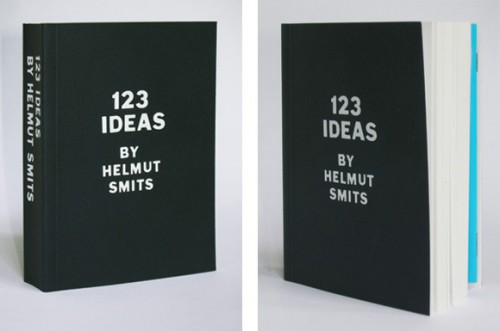
And if you are lucky one of them flies by…
Title: Pamphlet
Year: 2006
Materials: computer, software, printer
People could type a message on the laptop. By pressing ‘send’ a pamphlet was printed and dropped from the 10th floor.
There have been two major ways to understand populations and their territorial distribution. In one kind, typified by choropleth maps, the density or degree of a feature is mapped in pre-given political units.*
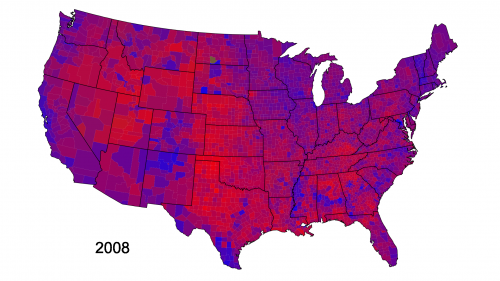
As second kind of map, known as isarithmic mapping (…), shows change varying continiously over space.*
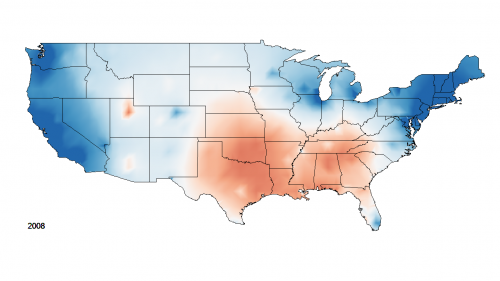
Where chloropleths maps produce a sense of populations as contained within boundaries, isarithmic mapping emphasizes continual variation and gradual change without clear differentiations.*
The Great Socialist People’s Libyan Arab Jamahiriya is a country located in North Africa. Freedom of speech, press, assembly, association, and religion are restricted. Independent human rights organizations are prohibited.

.ly is the Internet country code top-level domain for Libya. Unlike top-level domains (.com, .net and .org), country-code top level domains (ccTLDs) aren’t regulated by the International Corp. for Assigned Names and Numbers (ICANN). Each country can set up its own rules.

In the English speaking world the suffix -ly changes an adjective (describing a noun) into an adverb (describing a verb). Adverbs typically answer questions such as how?, in what way?, when?, where?, and to what extent?

URL shortening is a technique on the WWW making an internet address shorter in length. This is especially useful on microblogging services such as Twitter.
3 popular URL shortening services are registered in the .ly domain: bit.ly, ow.ly and 3.ly. The most successful service, bit.ly, gets 1.5 billion clicks a week and is the standard Twitter link shortener.



ccTLDs may be useful to create nice and memorable internet addresses, just think of nyti.ms (Montserrat, a British Overseas Territory), tcrn.ch (Switzerland), and goo.gl (Greenland). But county code TLDs were initially intended for use by people within the country of origin. Each country has the power and authority to change the rules for it’s ccTLD at any time.
“It’s not a problem to us if a country wants to restrict its domains to individuals living there,” says Kim Davies from ICANN, the International Corp. for Assigned Names and Numbers that regulates top-level domains (.com, .net and .org). “The original intention was you only register with the country you’re in.” In this regard the handover of power from ICANN to countries seems logical but may especially be a concern with ccTLDs operated by questionable governments.
Libya, for example, remains a dictatorship to the present day. The judiciary is controlled by the government, and there is no right to a fair public trial. Libyans do not have the right to change their government. Freedom of speech, press, assembly, association, and religion are restricted. Independent human rights organizations are prohibited.
The country has absolutely no problem with blocking several foreign-based sites reporting on Libya, and the entire YouTube site. “These web sites were the one recent sign of tangible progress in freedom of expression in Libya. The government is returning to the dark days of total media control.” says Sarah Leah Whitson, Middle East director of Human Rights Watch. Last month Libya’s regulators blocked another site, vb.ly; its main feature was that it does not filter out, or post warnings to, links with adult content.
What if Libya suddenly decides to pull the plug on other successful sites like bit.ly due to disagreements over content it points to?
What will then happen to your link archive and your Twitter messages (short) linking to other web sites?
Can linguistical gimmicks accidental.ly interfere with the freedom of expression?
Collaborative storytelling; short, art-inspired stories you make to share, read, and print. Create your own story at www.storybird.com!
A continuous flow of new stories, read aloud by kids. Listen to and submit “smories” at www.smories.com
36 isn’t very many pages—unless you make picture books. Get inspired by Craig Frazier’s reviews at www.36pages.com